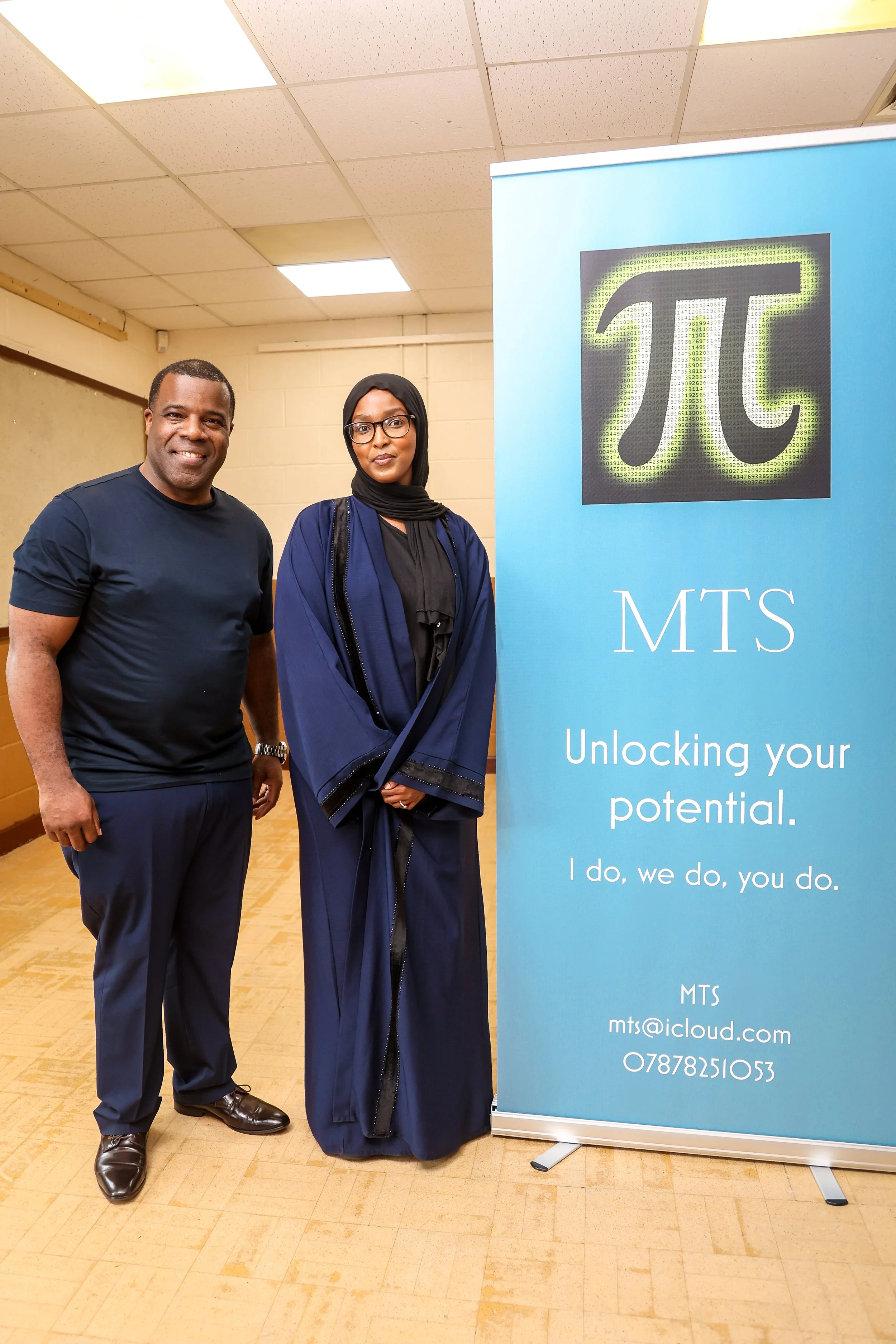How did your knowledge of growth mindset help you overcome barriers to learning?
My name is Najmo Omar and at the time of writing this I was a third year Pharmacy student at the University of Birmingham. Having completed GCSE, IGCSE and A level Mathematics, it’s fair to say I LOVE maths. To the point that I was solving simultaneous equations in my sleep during my A level revision period. However, believe it or not, I initially struggled with Maths and had a lot of anxieties and fears in regard to it. This I believe stemmed from my frustration at not understanding and grasping concepts, quick enough. Overcoming these barriers to learning is owed to the success of the knowledge I had gained from growth mindset and still continue to do so till this day.
I recall in year 8 being introduced to the phrase, by my maths teacher Mr Madourie: ‘Are you a deep-sea diver or a skier?’ The difference: a deep-sea diver constantly challenges themselves and searches deep into the unknown for opportunities that stretch their capabilities. This cultivated a hunger within me to endlessly improve on my learning and not to have a fixed mindset that is too afraid to try anything new. However, just having a positive mindset alone isn’t enough, I’m afraid. Growth mindset is about failing, repeating, correcting your mistakes and trying and trying again. You don’t give up at the first hurdle, it’s a life-long process. This mindset to learning coupled with honing my skill via researching, learning from my peers and practising persistently contributed to my attainment of an A grade at A level Maths and 96% on a C3 paper.
What was your view of failure? How do you view failure now?
I remember viewing failure as a sign of weakness and not being smart enough to understand the test. I saw attaining a low grade for a maths test as a setback, thus I felt quite embarrassed at times of my poor performance. In hindsight, this mentality denied me the chance of reflecting this as a window to see what I had done wrong and how I could’ve done it differently to yield a better outcome. Now, I embrace failure and it motivates me to do better and be better. The areas that I fail on encourages me to dissect my weakness, rectify it and seek a technique that allows me to develop on it or at least learn from it. This broadens my ability together with continuously igniting my passion to learning.
The growth mindset isn’t just limited to maths or the classroom, I applied this mindset to my everyday life looking for ways to actively improve my knowledge. For instance, being an advocate volunteer at Christmas Homeless shelter; regular ward helper at the Queen Elizabeth hospital and a Student Ambassador for the past three years at my university. These various roles have allowed me to gain essential qualities as well as enriching my learning and progress. Najmo Omar - Locum Pharmicist
How did your knowledge of growth mindset (knowledge that you can grow your intelligence) help you overcome barriers to learning?
Knowledge of Growth Mindset helped me to overcome barriers as it provided me with the view that through practice I could gain new skills required in my learning.
Can you give a specific example how your knowledge of growth mindset helped you improve your attainment in maths?
When I came across topics that I didn’t understand such as surds and translation, knowledge of Growth Mindset helped to improve my attainment. Instead of having a fixed mindset and viewing the topics as something I couldn’t do because I lacked the intelligence; I chose to practice what I’d been learning with peers and using the Internet to develop my ability. Knowledge of Growth Mindset , practicing what I’d been learning outside of lessons also helped to increase my love for learning and made maths more fun for me as opposed to hating it because there were things I couldn’t do, which in turn helped to improve my attainment.
What was your view of failure? How do you view failure now?
Previously I had a negative view of failure and saw it as something that could not be overcome and this stifled my learning. However, over the years I’ve grown to learn that failure is a chance to learn and develop yourself and your learning. The worst thing you can do is give up and stop trying just because you may have failed.
Sarah Ndou - Associate Digital Learning Consultant at Advanced.
How did your knowledge of growth mindset (knowledge that you can grow your intelligence) help you overcome barriers to learning?
Understanding that ignorance is never bliss and that learning new things opens many doors. While not knowing an answer is not shameful, it is also not ‘cool’. It can and will be hard to learn but challenges should be welcomed. Muscles are not built without lifting beyond your limits and the same applies to your brain. Once I knew that, overcoming my barriers to learning came easier.
Can you give a specific example how your knowledge of growth mindset helped you improve your attainment in maths?
Getting good at something requires hard work and discipline. No single person reaches success without putting in effort. At a young age, my father studied maths alongside me as he also lacked some fundamentals. We learnt long division, fractions, multiplication and graphing together. That daily routine of solving problems and learning new techniques helped ignite the appetite to learn. Heading into school, I routinely attained high marks and the correlation to my extra-curricular studies were clear. (Homework’s role in reinforcing studies is also remarkable. In my case, I had my father help me, but because of HW, all students got the same treatment. Its impact should not be understated).
What was your view of failure? How do you view failure now?
My view of failure was to miss my targeted grade. While that is still true to an extent, I now view failure as the loss of an appetite to learn and getting complacent with what you know.
Mohammed Ayannle - Computer Scientist


